I’m working out! I’m eating less! BUT I’m NOT LOSING WEIGHT! THAT’S IT! I’VE RUINED MY METABOLISM!
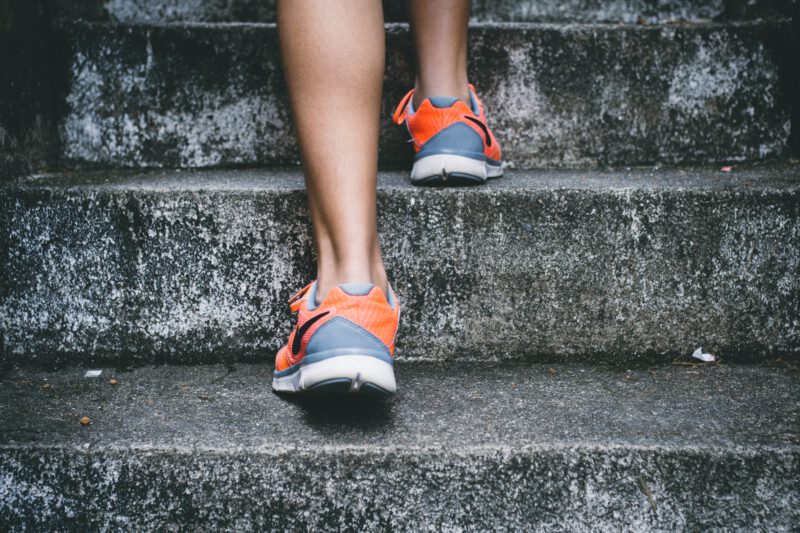
Will eating too little damage your metabolism?
We’re going to discuss how your metabolism works and why your fat loss has come to a halt or worse, INCREASED! (GASP!).
But before that, let’s get this point forward – You will NOT gain weight if you are eating less than what your body requires. The laws of thermodynamics still apply.
So, what’s going on?!
When you lose weight and fat, you don’t need as much energy (food) anymore to keep you alive and functioning.
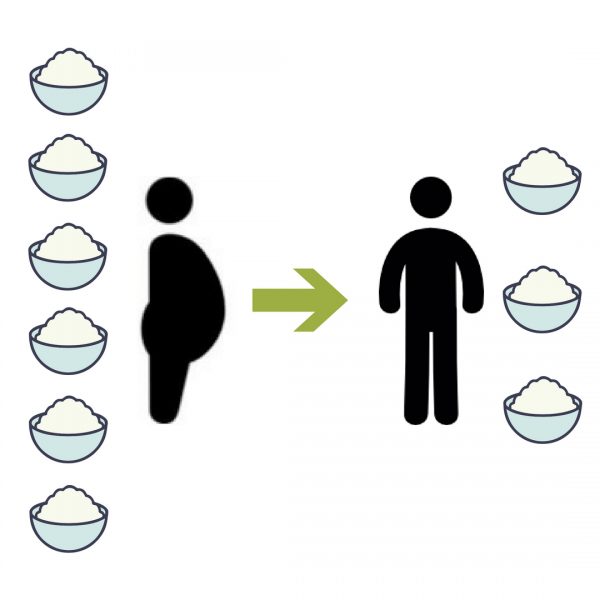
Make sense? Great!
This is known as adaptive thermogenesis, where your metabolism ADAPTS to needing less food as you’re now leaner and “smaller” in size [1].
Metabolism
To understand why and how your metabolism adapts, we have to know what are the components that make up your metabolism.
Metabolism – ALL the processes that occur in the body that require energy
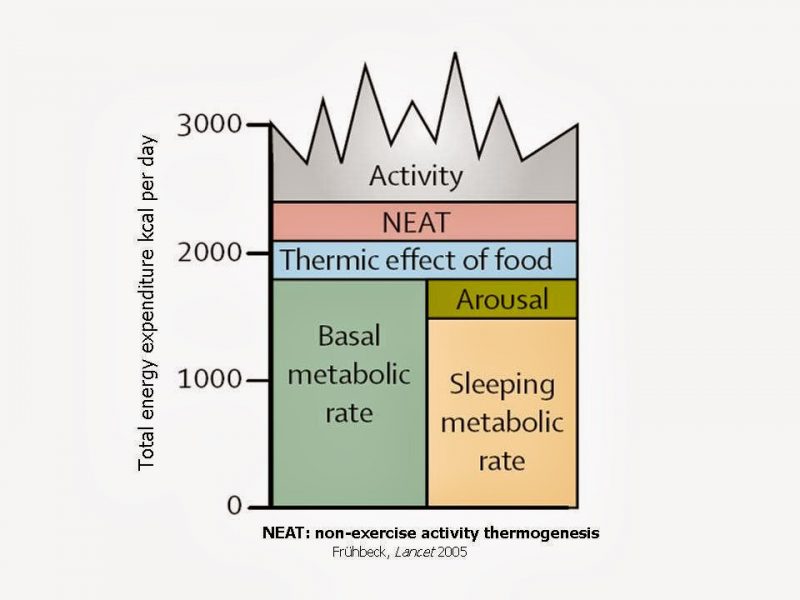
Basal Metabolic Rate (BMR): Energy needed to keep you alive at REST. This is a huge chunk of your daily energy expenditure (60-75%!). This variable depends on age, sex, body weight and composition, and genetics.
Thermic Effect of Food (TEF): Energy needed to digest food. Yes, your body needs energy to DIGEST food! It uses about 5-10% of your energy.
*You burn more energy digesting protein followed by carbs and fats
*You burn more eating minimally processed foods (AKA REAL FOOD!) as compared to ultra processed foods
Non-Exercise Activity Thermogenesis (NEAT): Movement that is not exercise: fidgeting, cooking, walking, doing house chores etc
Physical Activity (PA): Planned physical activity: Running, swimming, cycling etc
What happens when your body fat changes?
Remember adaptive thermogenesis?
Yeah, THAT happens!
When you start to lose body fat (by eating less), your metabolism decreases.
- Basal metabolic rate decreases (as you weigh less)
- Thermic effect of food decreases (as you eat less)
- Non-exercise activity thermogenesis decreases (as you eat and potentially move less)
- Energy burned during physical activity decreases (as you weigh less)
This means that OVERALL, you are BURNING LESS! It reacts by conserving as much energy as possible as it senses that food is scarce [2].This is how the body fights to maintain homeostasis, avoid starvation and KEEP YOU ALIVE!
This is a good thing……
Here’s the catch 22 – the more weight you lose, the stronger the adaptation.
Just when you thought you could outsmart your body!
Source
This is why it takes more effort to lose that last bit of stubborn fat!
Other things that can happen:
Cortisol
Eating less is a form of stress to the body. And I’m sure you’ve heard of the stress hormone cortisol. When cortisol increases, it can cause your body to store (not gain!) more fat around the belly (among other things that can happen).
Ghrelin
Ghrelin is your hunger hormone that causes you to become hungry. Think of ghrelin as gremlin. You know, the creature that eats stuff (sorta). Ghrelin increases with weight loss [3]. As a result, you will feel hungry and might end up eating MORE than you should.
With ALL of this happening just by losing weight and fat, you can see why you may have trouble with further weight loss or worse, weight REGAIN!

Does this mean you’re doomed?
No! Of course not. This just means that you need to change what used to work for you, apply a few strategies to outsmart your body, and focus on building good habits and behaviours around food.
Summary:
- No, your metabolism is not damaged.
- Your body adapts to the weight and fat that you have lost by manipulating how much you burn overall (metabolism).
- Adaptive thermogenesis seems to be stronger for individuals who have lost a lot of weight.
- There ARE ways to overcome this. If you need help, book in a consultation with us or check out our online courses!


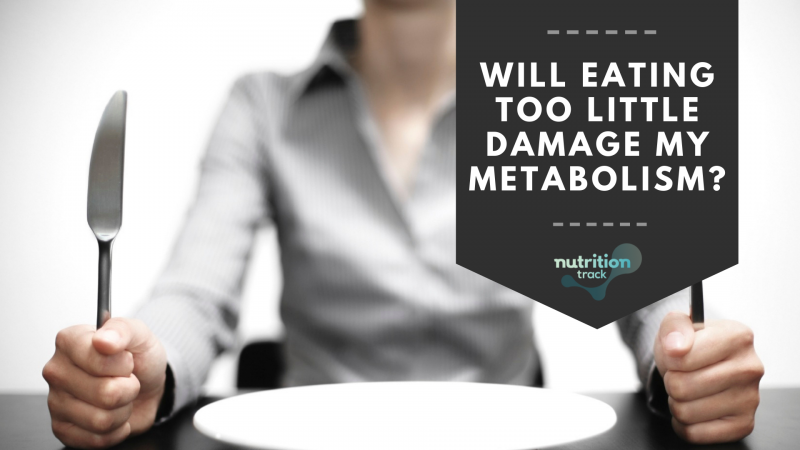

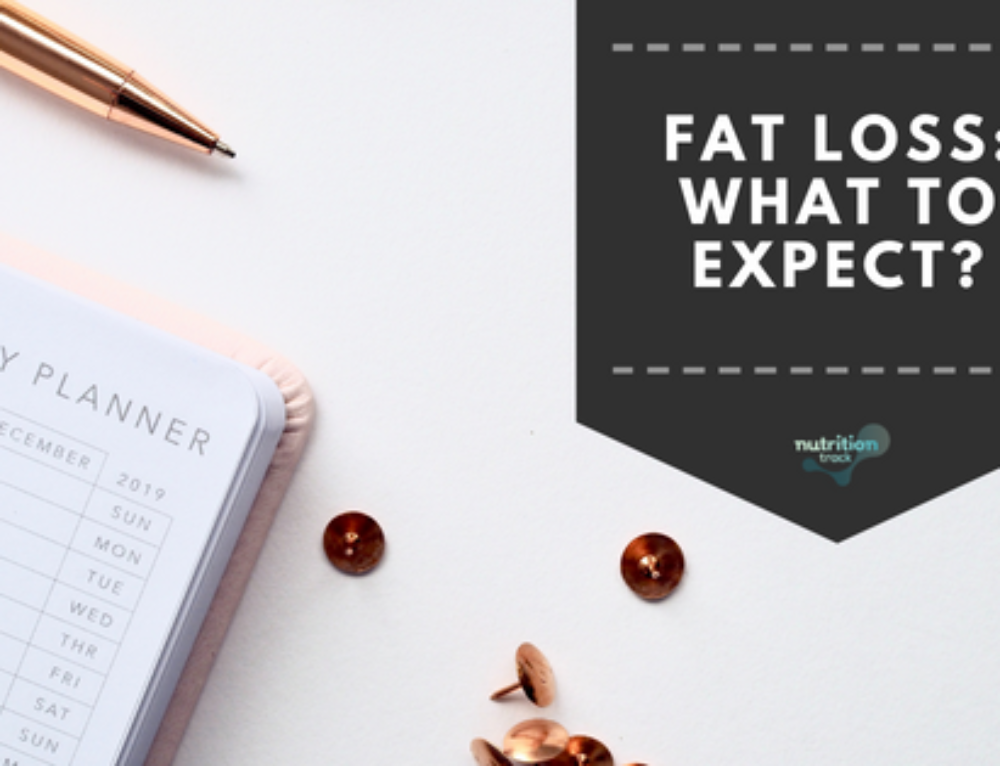
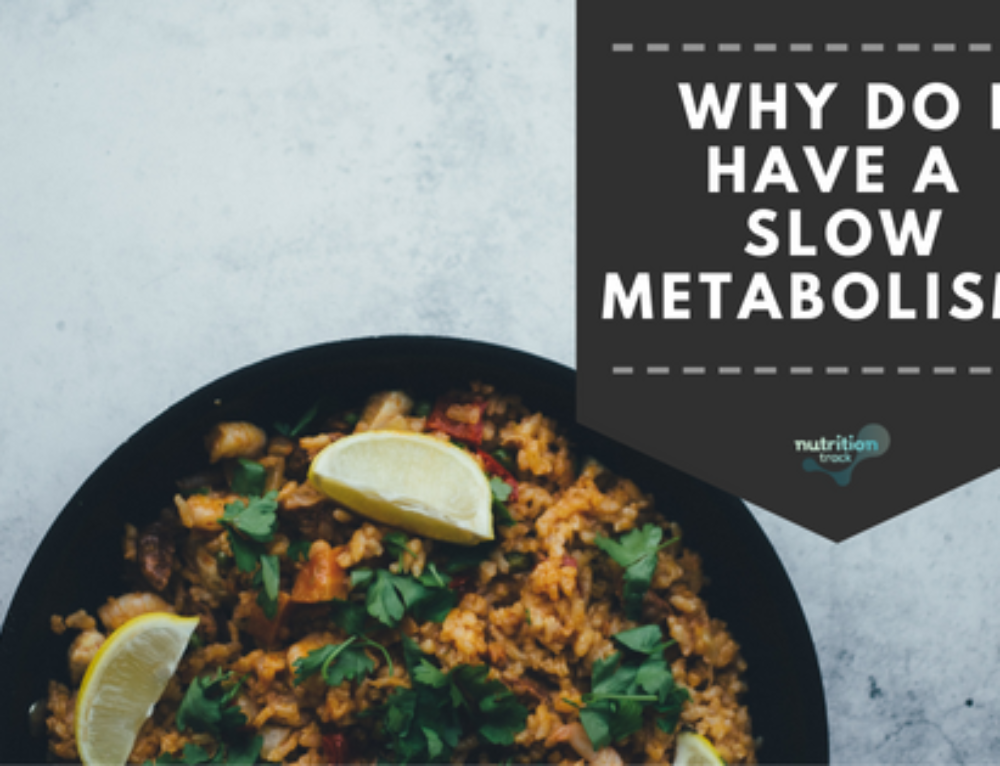
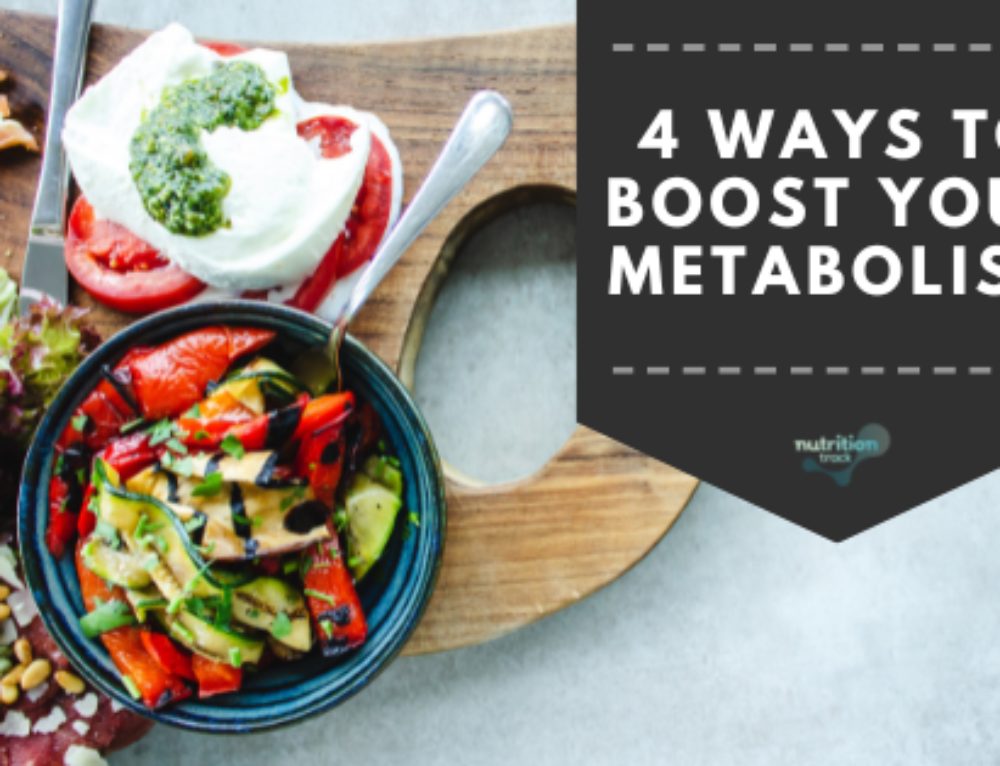
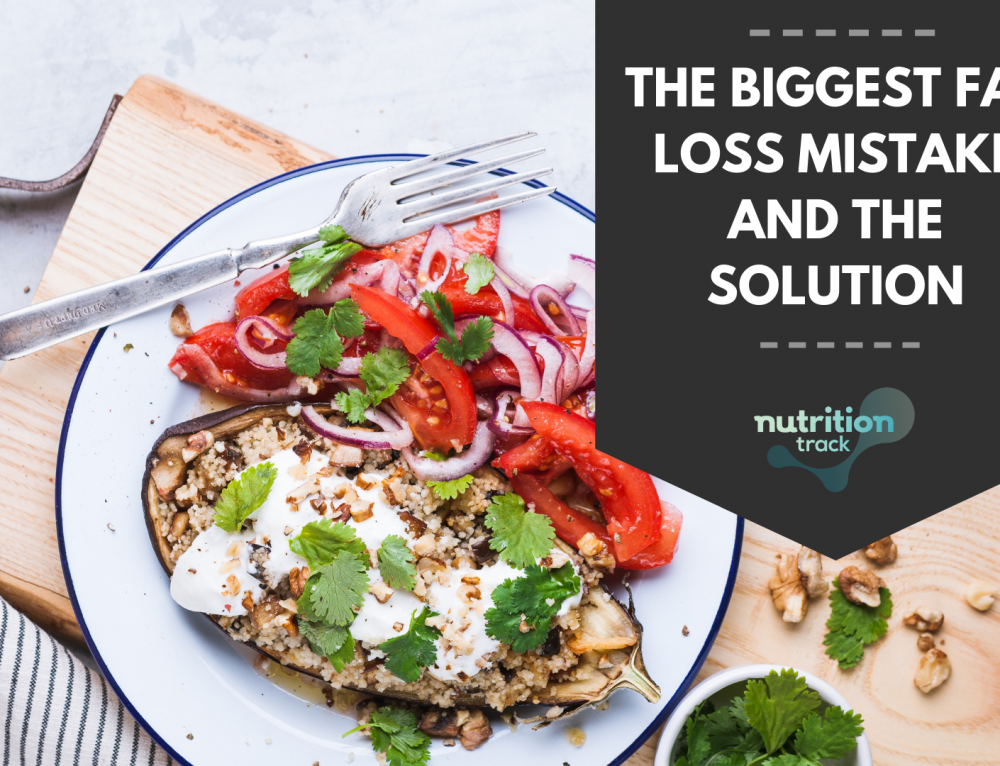
Leave A Comment